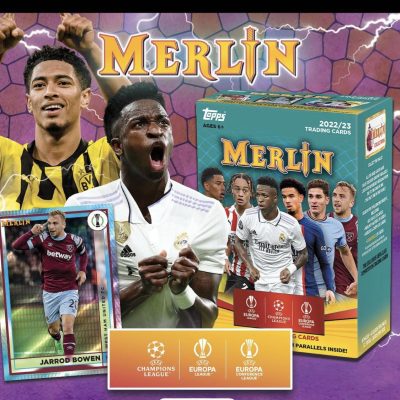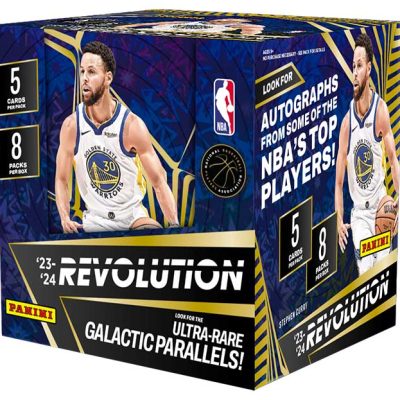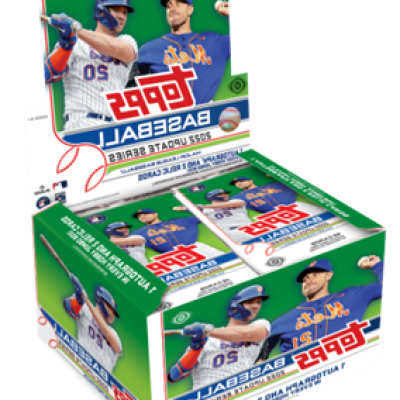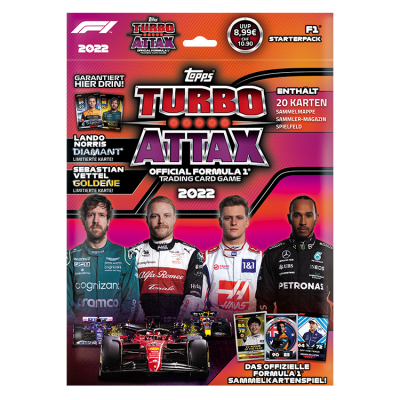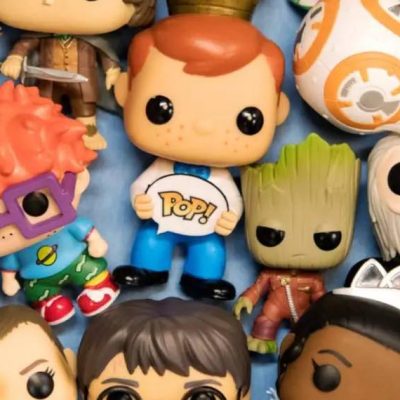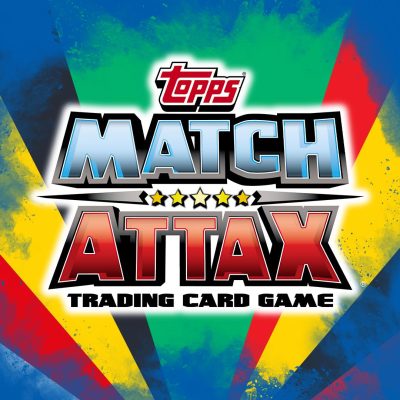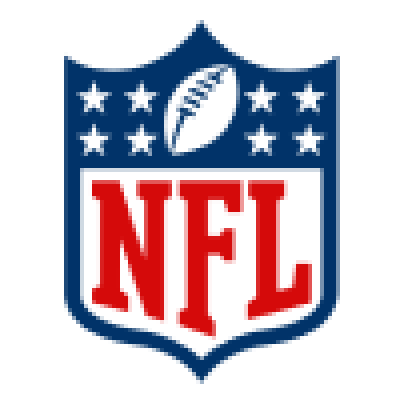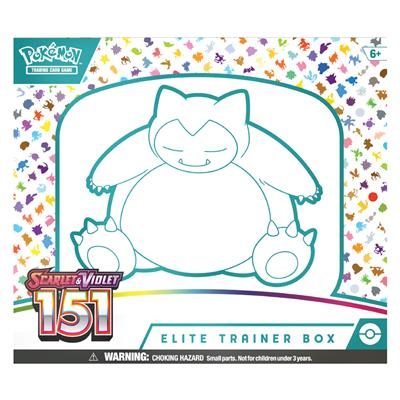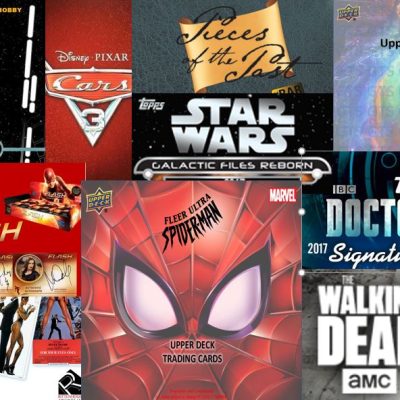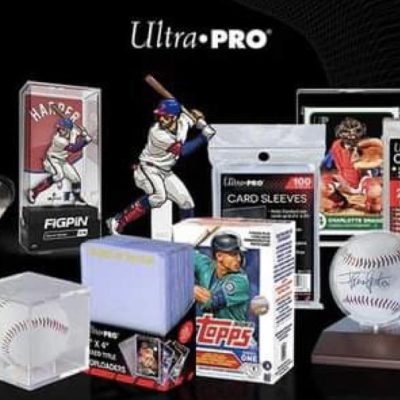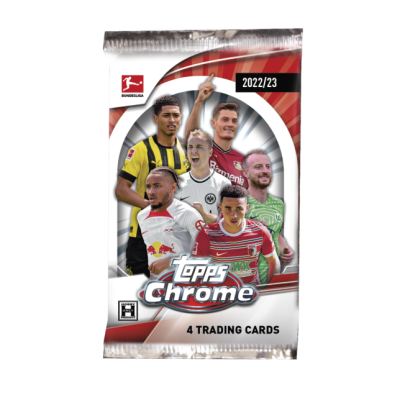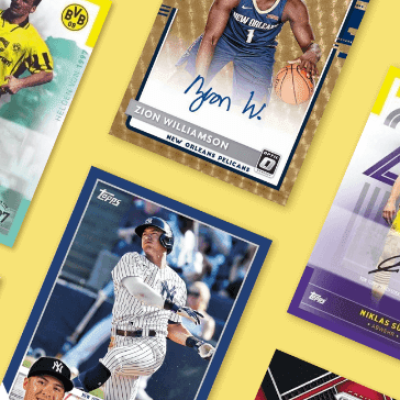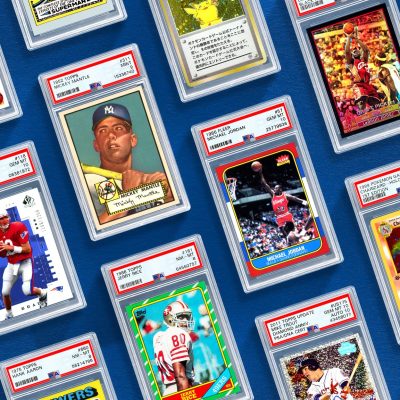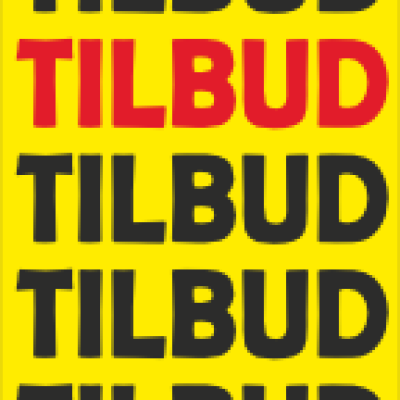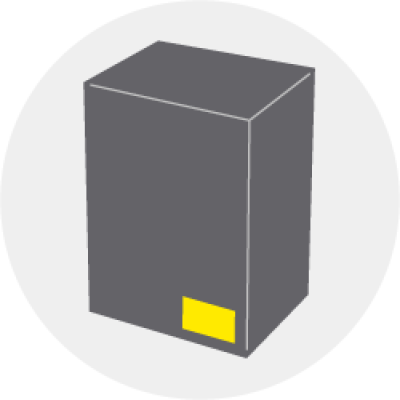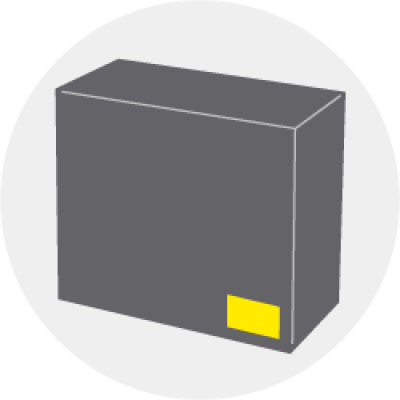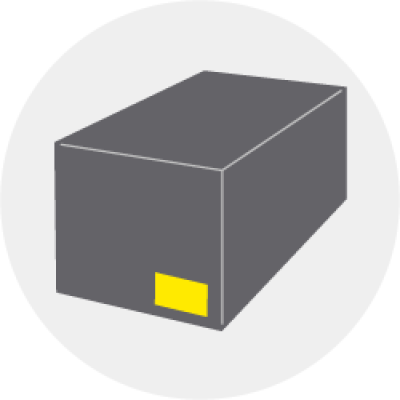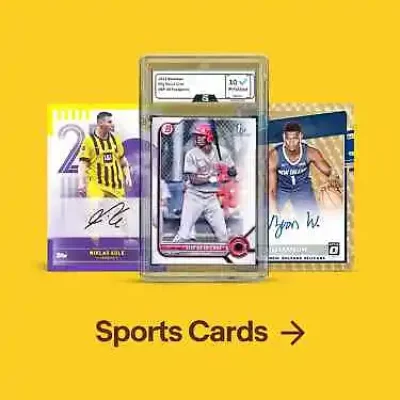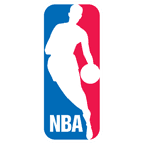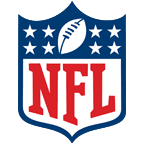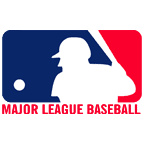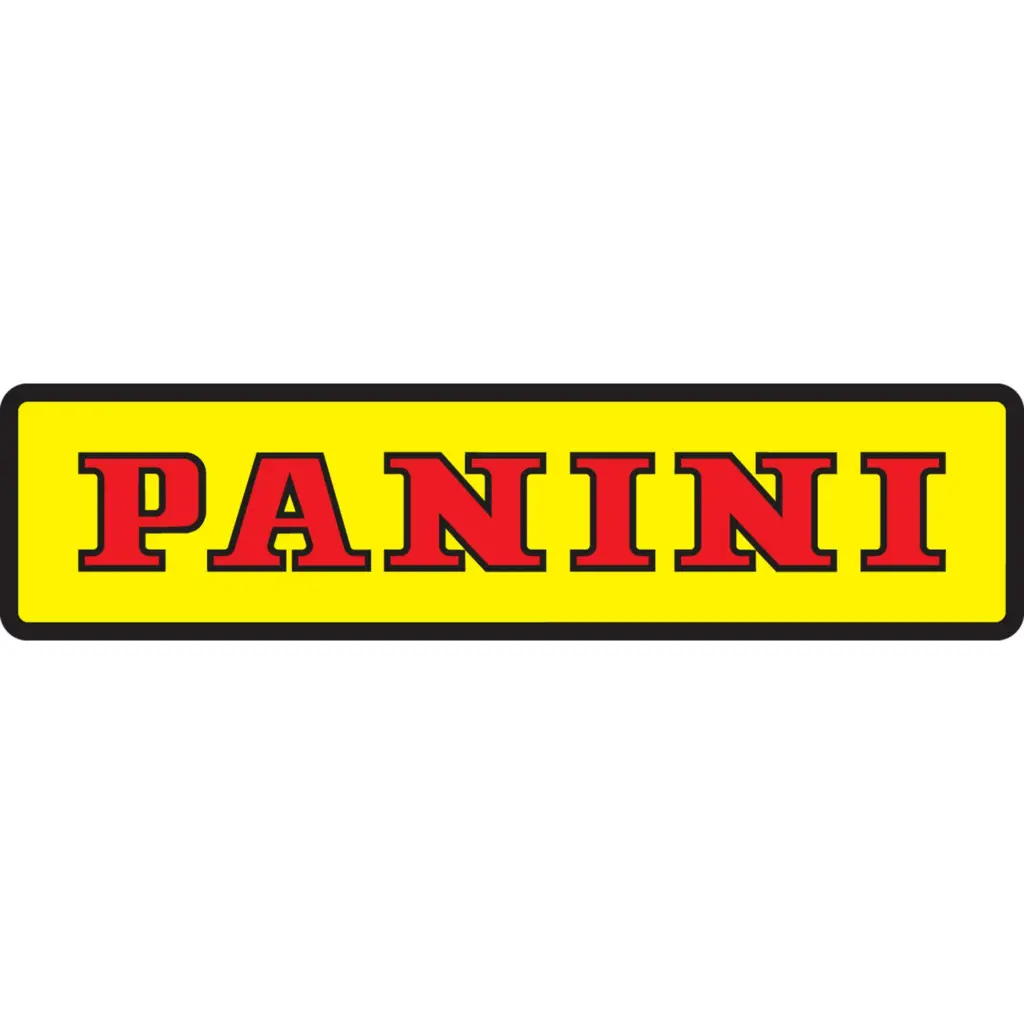Guides & information
Game-Worn
Game-Worn
A piece of memorabilia that has been worn by a player in an official game, which is then embedded in a trading card – commonly referred to as a Relic Card. Examples include a piece of a player’s game-worn uniform or gloves. (See also: Event-Worn)
Game-Used
Game-Used
A piece of memorabilia that has been used in a professional sporting event. These items can include, but are not limited to: bats, jerseys, fielding gloves, batting gloves, bases, etc. Baseball memorabilia is typically ‘MLB authenticated’, which means that Major League Baseball guarantees the authenticity and provenance of the game-used…
Factory Set
Factory Set
Factory Set refers to a specific way to sell baseball cards. Instead of random packs being placed in a retail box or hobby box, a full set is packaged and sold in a single box. Factory sets first appeared in the 1980s due to the popularity of hand collated sets offered in mail catalogs
Event-Worn
Event-Worn
A piece of memorabilia that has been worn by a player at a non-specific game or event. For example, a jersey or jersey patch that was worn at a rookie’s signing session. This memorabilia is then embedded in a trading card. (See also: Game-Worn)
Error Card
Error Card
A card that contains a mistake or error resulting in a variation (aka VAR). Error cards may include misspellings, statistical errors, incorrect photos, or other mistakes. When an error is corrected by the manufacturer, the error cards can be far more rare than the common, corrected versions, which leads to higher…
Dinged
Dinged
A dinged card is a damaged card. A ding can refer to indentations, scratches on the surface, or other types of damage. But the most common ding is associated with the corners. When a corner is bent, blunted, or otherwise damaged, it is called a “dinged corner”. Usually, this is…
Die-cut
Die-cut
A trading card that has had part of the card stock removed to create a specific shape, design or function, such as a stand-up. In today’s collecting era, such cards are used as inserts and are usually short-printed. This makes them more rare than other cards in the set, and thus more likely…
Rookie Debut Patch
Rookie Debut Patch
Fanatics introduced this uniform patch for 2023 MLB prospects and rookies playing in the first MLB game. The debut patch is worn on the jersey in the player’s first-ever MLB game. The Rookie Debut Patch was turned into the innovative Rookie Debut Patch Autograph card that first released in 2023…
Completist
Completist
A collector who is driven to possess every card of a given set, year, team, player, or category. If they collect 2021 Topps Chrome Baseball, the completist will hunt down every card from that checklist – including every base card, parallel, auto, etc. For many collectors, common cards from a given set will have little value. But…
Common Card
Common Card
Commons are the least rare, and therefore least valuable, cards in any given set. A typical common would be the base card of a non-rookie player. Commons are the opposite of chase cards and hits.
Combination Card
Combination Card
Combination cards feature two or more players, teams, or other elements on a single card. These cards come in various designs: one player on each side, players arranged in a unique design on the card, dual or triple autos, and even relic cards receive the combination card treatment. Combination cards…
Collation/Collating
Collation/Collating
Collation/Collating is the organizing and assembling of trading cards into complete sets or subsets. Typically done by collectors or dealers, this process involves gathering individual cards and arranging them according to specific criteria, most often using checklists. Collating can be challenging and time-consuming, particularly for larger sets containing many parallels.…
Chrome®
Chrome®
Unlike traditional paper cards, Chrome cards use chromium paper, which gives them a shiny, metallic look. Chrome cards are also more firm and durable than paper cards. First introduced with the 1996 Bowman Chrome set, Chrome remains one of the most popular card types in the entire Topps line.
Checklist
Checklist
A list of every card in a given product (e.g. 2021 Topps Chrome Baseball) - every base card, every parallel, every autographed card, etc.
Chasing the Rainbow
Chasing the Rainbow
A modern collecting phenomenon where you collect different color parallel cards of a player.
Chase Card
Chase Card
Any given set of cards will include a limited number of chase cards, which are highly coveted by collectors. Some examples of chase cards include: autographed cards, rare parallels, rare rookie cards, relic cards, and insert cards. Unlike common base cards, chase cards are more rare and valuable. When opening packs, some collectors will completely ignore…
Case Hit
Case Hit
Boxes are shipped from manufacturers in cases, and for some products, a special card will be inserted ‘one per case’. These case hits are more rare and thus more valuable to collectors.
Case
Case
A case is a sealed container that holds a set number of boxes. Most Topps hobby cases contain 12 boxes, though the number of boxes-per-case varies from product to product.
Card Stock
Card Stock
Card stock refers to the type of paper or material used to produce trading cards. Card stock can vary in thickness, depending on the set and type of card. Thicker card stock is often used for higher-end or premium products. The thicker stock provides a more substantial and impressive feel…
Card Sleeve
Card Sleeve
These are plastic sleeves used to protect cards. The most popular kind – Penny Sleeves – get their name for being inexpensive: they cost a penny.
Card Show
Card Show
A trade show where collectors and dealers congregate to buy, sell, and trade cards. There are hundreds of card shows around the United States each year, and an increasing number of shows are now held in Europe and other countries. Most card shows are local and attended by a relatively…
Brick-and-Mortar
Brick-and-Mortar
Brick-and-Mortar refers to Hobby Shops. These Hobby Shops represent the foundation of collecting and continue to be the most critical institutions in the Hobby. Even as the Hobby develops and grows digitally, the brick-and-mortar stores remain important industry collaborators and cultural custodians.
Breaking
Breaking
“Breaking” means opening the seal on the box or pack to reveal the cards inside. Breaking can take many forms but is typically done by a collector or dealer specializing in the particular type of product being opened. Collectors will buy into a break in hopes of acquiring rare or…
Breaking
Breaking
Breaking refers to the practice of opening multiple boxes or cases of a product at the same time, and then distributing the cards to a larger group of paying customers. Breakers sell ‘slots’ to their breaks, and customers receive a defined portion of the opened product. In some cases, the…
Box Loader
Box Loader
Box loaders – or toppers – are special, single cards or sets of cards that are only available as inserts in hobby boxes. Box loaders are usually larger than standard-size cards and are meant as a unique opportunity for collectors to engage in the Hobby.
Box
Box
A box is a sealed container that holds packs of cards. Some boxes may contain as little as one pack of cards; others may contain 30+ packs. In the most common configuration, a Topps box will contain 24 packs, though the number packs-per-box varies considerably from product to product.
Book Card
Book Card
When one or more cards – generally, autographed cards or relics – are combined together to open like a book.
Blaster Box
Blaster Box
A blaster box is a type of retail box that is commonly distributed at large retail stores like Walmart and Target (as opposed to Hobby shops or online exclusives). Blaster boxes tend to have fewer packs per box (anywhere from 4 to 15) and, like other retail products, tend to have a…
Base Card
Base Card
Base cards make up the base set, which is the most common set of cards in a sports or non-sport product. Base cards are considered common cards and make up the majority of cards in a given product. They typically feature a card number on the back of the card, making them…
Autograph
Autograph
A card that is autographed by a player, celebrity, or other subject. Autos are a type of chase card – they are more limited, and thus more valuable, than the more common cards in a set.
1st Bowman®
1st Bowman®
A player’s 1st Bowman card is their first professional baseball card, released before their official RC.

